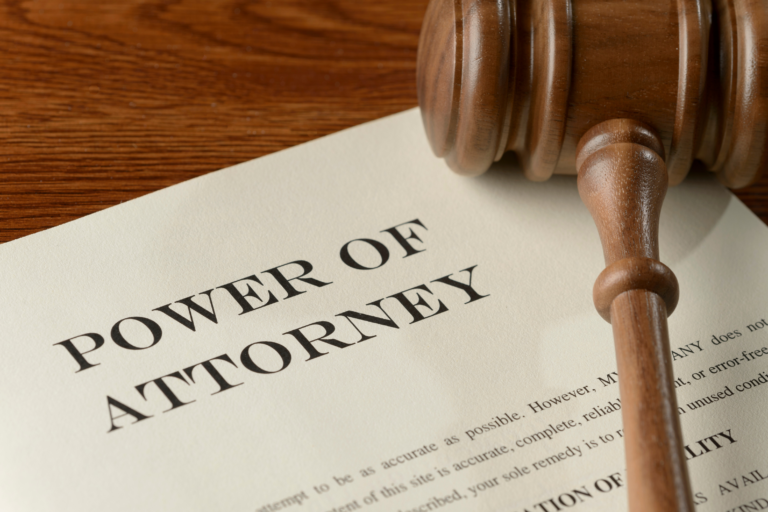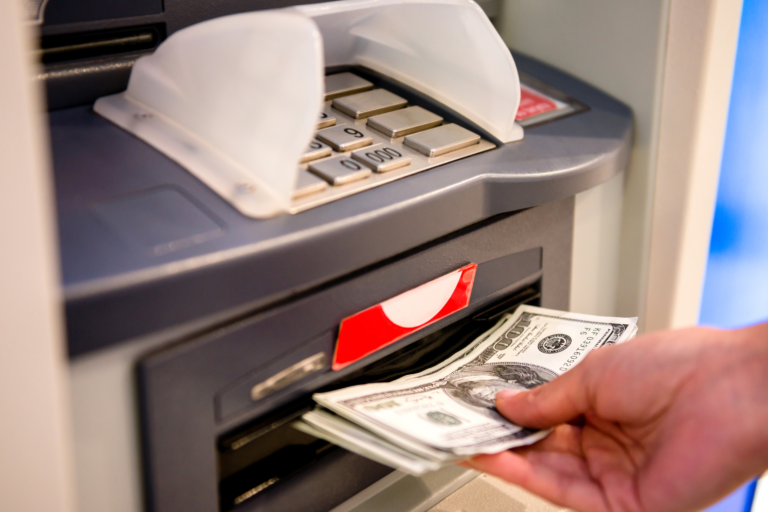Florida law has strict legal requirements to ensure the validity of wills. An invalid will may result in a catastrophic situation for a deceased’s loved ones. What would make a will invalid in Florida? Read on to discover.
What Would Make a Will Invalid in Florida? – In Detail
Inadequate Execution
In Florida, state law requires the person creating the will (also referred to as the “testator”) to:
- Have a sound mind
- Be at least 18 years of age or an emancipated minor
Florida Statutes §732.502 (1) expressly states that “every will must be in writing and executed as follows:
- The testator must sign the will at the end, or
- The testator’s name must be subscribed at the end of the will by some other person in the testator’s presence and by the testator’s direction
- The testator’s signing, or acknowledgment that he or she has previously signed the will, or that another person has subscribed the testator’s name to it, must be in the presence of at least two attesting witnesses”
The same statute adds that “the attesting witnesses must sign the will in the presence of the testator and in the presence of each other.”
Neither holographic (handwritten) nor nuncupative (oral) wills are considered valid in Florida. Please note that handwritten wills executed under Florida Statues §732.502 (1) are not considered holographic wills.
If you are a member of the US military, state law has specific rules for wills executed as a military testamentary instrument.
Although the validity of a will is affected by “no particular form of words,” it is fundamental to consult with an expert attorney to avoid vague or ambiguous language.
Fraud, Duress, and Undue Influence
The key purpose of a will is to express the testator’s wishes. If the provisions in a will are the result of fraud, duress, or a third party’s wrongful intent, the document is not valid in Florida.
Florida Statutes §732.5165 specifies that “a will is void if the execution is procured by fraud, duress, mistake, or undue influence.”
Hence, “any part of the will is void if so procured, but the remainder of the will (…) shall be valid if it is not invalid for other reasons. If the revocation of a will, or any part thereof, is procured by fraud, duress, mistake, or undue influence, such revocation is void.”
What Happens If a Will is Deemed Invalid In Florida?
When a will is deemed invalid or unenforceable by a court in Florida, the case can have two distinct outcomes:
- If the decedent had a previous will that is considered valid, the court may deem this version as the definitive will
- If the decedent died with no previous will, the estate will be administered under Florida laws of intestacy. The administration of intestate estates follows a strict statutory order of preference in the division and distribution of the deceased’s assets
Protect Your Estate and Your Loved Ones Upon Death – Immediately Consult with Your Florida Probate Lawyer
You do not need to expose your legacy to unnecessary risks. Contact Attorneys Romy B. Jurado and Diana C. Collazos by calling (305) 921-0976 or emailing [email protected] for an individual assessment.






